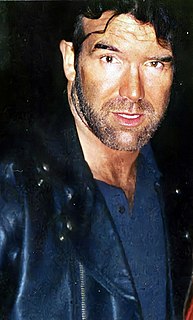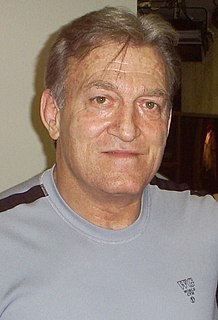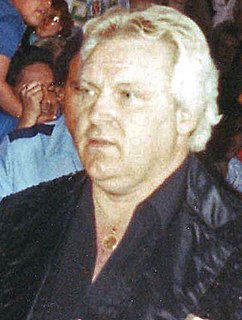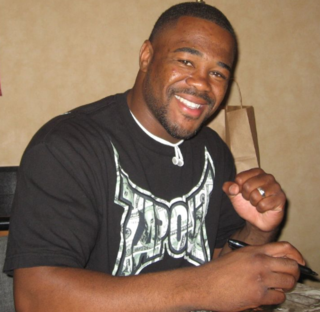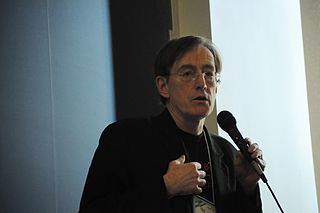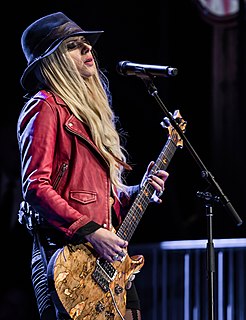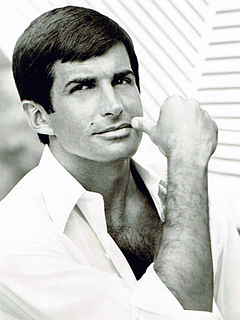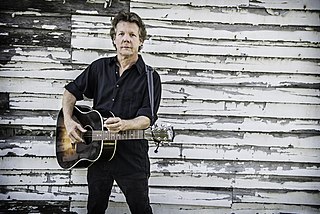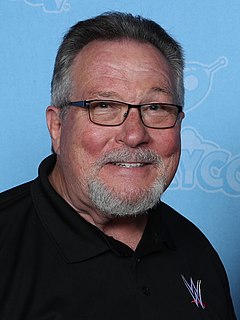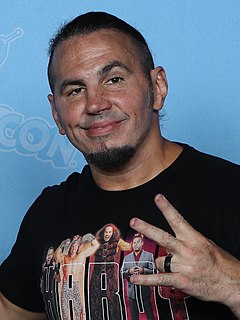A Quote by Scott Hall
Related Quotes
In 1942 Cachao wrote a tune for Arcao, 'Rareza de Melitn,' with a memorable catchy tumbao. In 1957 Arcao recorded a reworking of it under the name 'Chanchullo'; and in 1962 Tito Puente reworked that into 'Oye como va,' still with that same groove. In this form, audibly the same, it powered Carlos Santana's multiplatinum 1970 cover version, close to three decades after Cachao first played it.
